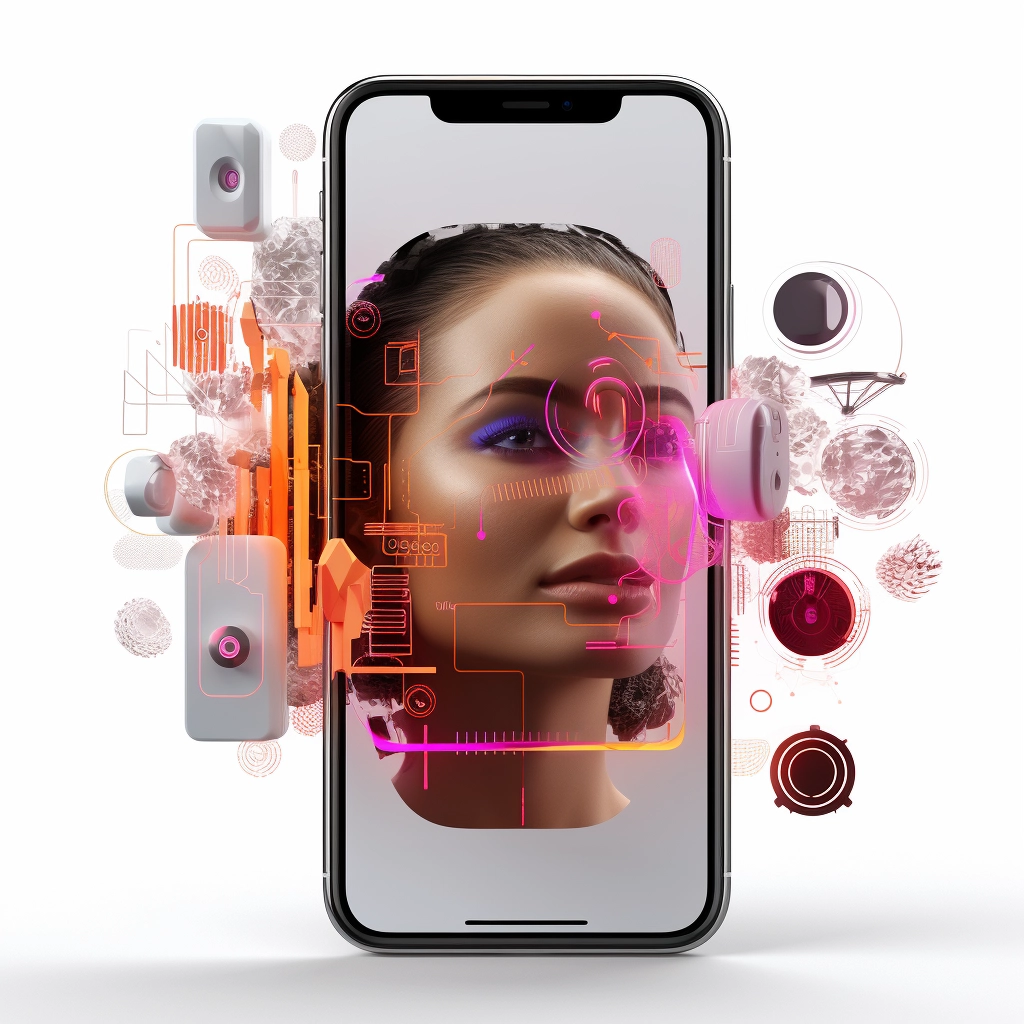Tech product launches in 2023 have become somewhat predictable, with generative AI features becoming the norm. However, Apple took a different approach with the launch of its iPhone 15 this week. While the device does come with the powerful A17 Pro processor for machine-learning algorithms, the focus was on subtle, intuitive AI features that enhance the user experience.
One of the standout features of the iPhone 15 is its voice-isolation technology, which uses machine learning to recognize and amplify the sound of the user's voice while reducing background noise during phone calls. The camera and image-enhancing software also received significant attention, with AI-powered features like automatic detection of people, dogs, or cats in photos to help create portraits.
The new iOS 17 operating system, set to be released next week, will bring additional AI-powered services to newer iPhone models. These include automated transcription of voicemails and more comprehensive predictive text recommendations from the iPhone keyboard. These features may not be as flashy as a know-it-all chatbot, but they aim to make users' lives easier and increase their engagement with Apple's services.
In addition to these consumer-focused features, Apple has also introduced new accessibility features powered by intuitive AI. For individuals with visual impairments, the Magnifier app now includes a Point and Speak feature that uses the camera to identify objects with buttons, allowing users to hear which button their finger is touching. For those with conditions like ALS, iOS 17 can create a synthetic voice that sounds like them after they read a series of text prompts.
While some may argue that the iPhone 15 rollout was underwhelming in terms of transformative new features, experts believe that Apple's strength lies in its interface design and the seamless integration of AI-powered features. Tuong Nguyen, director analyst at Gartner, suggests that Apple's adaptive audio feature for AirPods, which blends music or calls with nearby voices or ambient sound, and the new "double tap" gesture for controlling Apple Watch Series 9, have the potential to become industry standards.
Apple's decision to focus on enhancing reality rather than distorting it sets them apart from competitors. Rather than incorporating reality-distorting image generation or launching potentially ethically questionable features, Apple chooses to improve color, zoom, and automate portraits. This is because the camera is a major driver of smartphone purchases, according to Carolina Milanesi, a consumer tech analyst at Creative Strategies.
Despite Apple's apparent avoidance of generative AI talk at launch events, reports suggest that the company is developing its own generative AI framework named Ajax. While Apple may not be actively discussing this work yet, experts believe that it will eventually be integrated into their products in a distinctive and innovative way.
In conclusion, Apple's iPhone 15 launch showcases their commitment to intuitive AI that enhances the user experience rather than simply generating content. The focus on features like voice isolation, improved camera capabilities, and accessibility enhancements demonstrates Apple's dedication to making technology more seamless and user-friendly. While they may not be following the generative AI trend at the moment, Apple's intuitive approach sets them apart and paves the way for future innovation.
Links:
https://www.apple.com/newsroom/2023/06/ios-17-makes-iphone-more-personal-and-intuitive/
